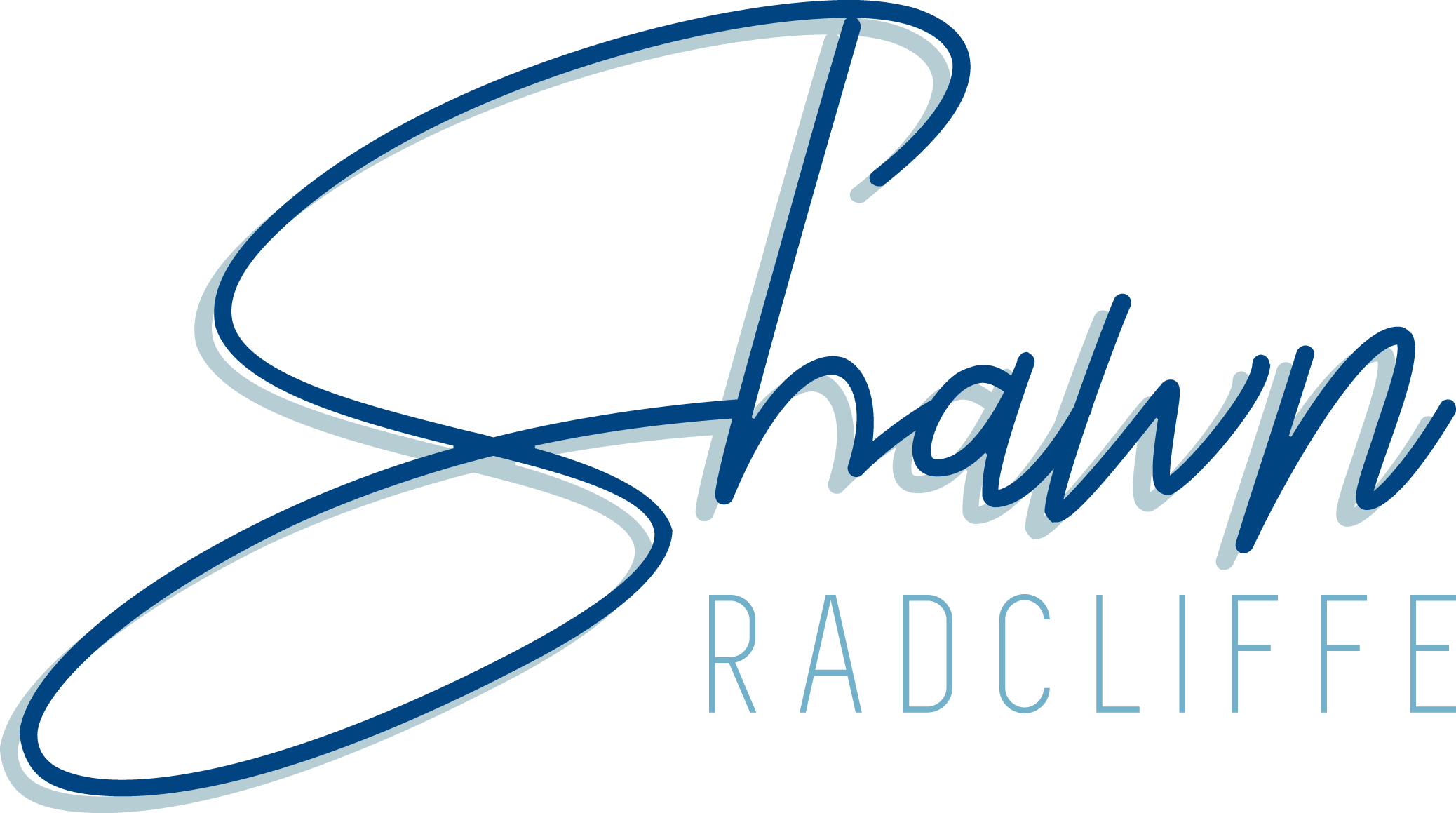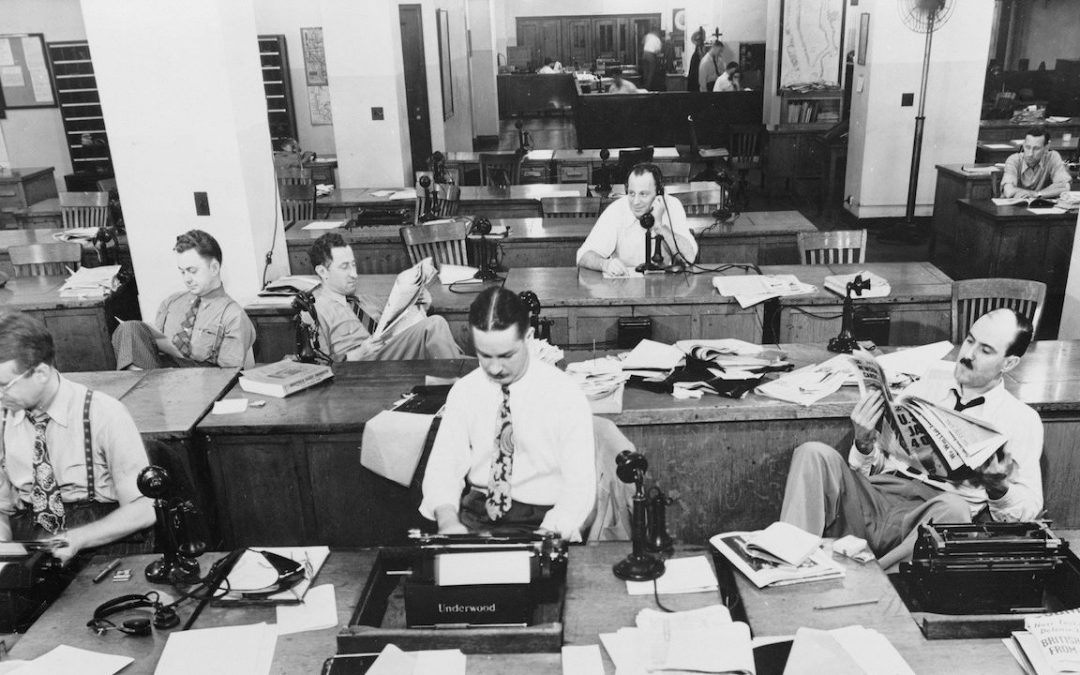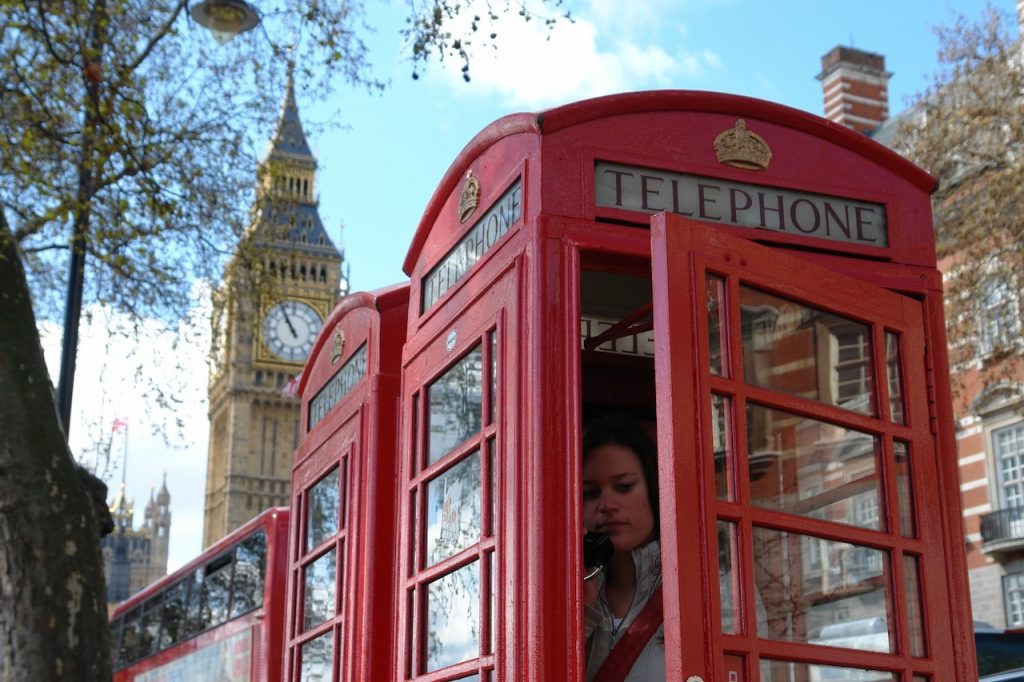For freelance health writers who create content for print or online publications, phone interviews are a routine part of their work.
But in the new world of COVID-19, where social distancing means face-to-face interviews are off the table in many parts of the world, phone interviews have become an even more important tool for health writers.
The good news is that technology makes it easy to set up phone interviews with sources and even to do video chats. But making a phone interview work requires some additional planning. And if doing phone interviews is new to you, you may also need to get used to this less intimate format.
Here are some tips to make your phone interviews go well whatever health topic you are writing about.
Conduct an Efficient Phone Interview
Many of these tips are true for any type of interview, but they are especially important for phone interviews, which are often shorter than in-person interviews. For a health news story, my interviews tend to be under 15 minutes. Here are some tips to make the most out of that limited time:
Do your homework before the interview. This means researching not just the topic, but also the source’s background and relevant work. You don’t want to waste time asking questions that you should have already known the answer to.
Write out your questions. While I’ve certainly done my fair share of off-the-cuff interviews, I do much better (aka I come across as more coherent) when I write down the questions I will be asking. I don’t always follow these questions exactly during the phone interview, but having them handy helps keep me stay on track and not miss any important details.
Record the interview. Recording an interview can take some of the pressure off you, in terms of trying to capture everything in your notes. That way, you can listen more closely to what your interviewee is saying and let that guide your questions.
Many smartphone apps are available to record phone interviews. Be sure to do a few test runs before your interview. Also, ask your source beforehand if they are fine with being recorded; in some places it is illegal to record people without their permission.
Minimize distractions and interruptions. Block off time on your calendar so your housemates or coworkers don’t interrupt you in the middle of the phone interview. Do the interview in a space free of extra noise or foot traffic. Interviews in your car can work, but they can also go horribly wrong, such as when a passerby stops to talk to you.
Find the Right Balance
Making a phone interview work is part planning and part art. During the interview you need to find the right balance of many things, including:
Types of questions. Asking too many questions that can be answered with a yes or no, or a short answer, may not get you the best results from the phone interview. Be sure to include more open-ended questions that allow your source to let their thoughts flow.
Also, ending the interview with, “Is there anything else you’d like to add?” can often turn up one last bit of wisdom or a succinct summary of your source’s main point.
Talking and listening. If you talk too much during the interview, you might not get enough information from your interviewee. But if they go off on a tangent, you might need to redirect the conversation.
How much you should talk depends on the person you are interviewing. Some people need more prompting, others need more redirecting.
Filling the silence. Pauses occur naturally during any conversation, but over the phone they can sometimes seem awkward because you don’t know if the other person has lost interest or is deep in thought.
If a pause occurs, don’t jump right in to fill it. The person you are interviewing might have another point to share. If not, then you can move onto your next question.
Friendliness and professionalism. You don’t want to be too formal when doing a phone interview, because that can stifle the conversation. But you want to be professional enough that the person you are interviewing knows that you respect their time and their answers.
The right balance depends on whom you are interviewing — a doctor might expect a more serious interview (but not always), while a colorful restaurant owner may be more comfortable with some joking around.
Capture Sensory and Personal Details
If you mainly write about medical or health news, you can probably do without knowing what your source’s living room or laboratory looks like. Or the way they looked off into the distance at the smoke rising from a factory when they talked about deciding to become a doctor or scientist.
But for narrative health writers, these kinds of sensory and personal details are essential to the telling of the story. Lane DeGregory, a journalist for the Tampa Bay Times, told Poynter (ironically, in an email) that she prefers meeting with sources “in their home, preferably, in the kitchen or living room or bedroom if possible.”
While your source’s phone might be in their living room, during a phone interview you aren’t. So how do you capture this information over the phone? Here are a few ways to approach it:
- Seek out concrete details. Ask your interviewee to describe their experiences or surroundings in as much detail as you can coax out of them. You might say things like: “Take me back to when this story started for you” or “What did your childhood home look, sound, or smell like?”
- Use video calls. While technically not a phone interview, video calls allow you to see the person you are interviewing, including their facial expressions as they respond to your questions. If they are using a smartphone, you can also ask them to show you their office, laboratory, or home — or even their coworkers hard at work.
- Show your interest. With phone interviews, it can be difficult for the person you are interviewing to know that you are interested in what they’re talking about. This can make them less likely to open up. So don’t be afraid to let your energy or enthusiasm come through. This might mean talking more at the start of the interview about your interest in the story.
- Let them ramble … a bit. Keeping the phone conversation more personal and casual can help put your interviewee at ease. This can lead to more interesting details. It may also mean a longer interview, but the results are often worth it.



